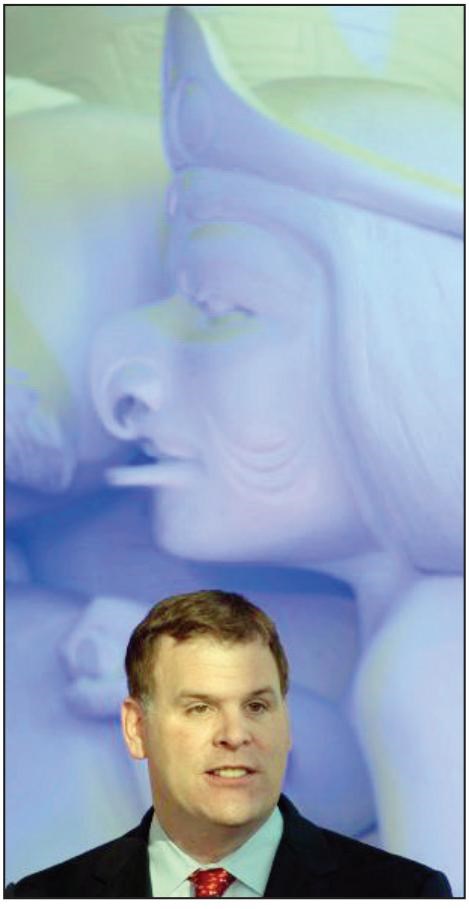Canada's pass-ports are being updated to include chip technology and watermark images designed to prevent fraud, but are also going to cost a lot more.
The new passports will have computer chips embedded - technology that's already used in almost 100 other countries, Foreign Affairs Minister John Baird said Friday.
Each blank page of the document will also contain watermarks depicting iconic images from Canadian history.
"Canada's new passport is not just a ticket to new places, new cultures and new experiences," Baird said. "It tells the world who we are: a nation built on freedom, democracy, human rights and the rule of law."
The new passports will be renewable for either five-or 10-year periods, but they'll come with a price: $120 for five years, up from the current $87, and $160 for the 10-year option. Passports for children will be $57, an increase of $20.
For those applying outside Canada, the fee skyrockets to $190 for a five-year passport - up from $97 - and $260 for the document that would expire in a decade.
By comparison, it currently costs $135 to apply for a new American passport, $25 less for a renewal. An adult passport in the United Kingdom costs the equivalent of about $117.
The 16 watermark images include sports scenes - obligatory illustrations of the Grey Cup and Stanley Cup - and landmarks such as old Quebec City, the Prairies and Parliament's Centre Block.
The changes are designed to deter counterfeiters and make the passport more secure, said Baird. "It will help us ensure that the Canadian passport remains a secure document that can help facilitate trade and travel."
The new documents will begin rolling out in unspecified "select locations" in the first three months of 2013, with wide availability expected by mid-July.
Canada is late to the game when it comes to chip-enhanced passports. Another 95 countries, including the United States, France and the United Kingdom, already issue so-called ePassports. Canada is the last G7 country to adopt them.
Passport Canada partly blamed the delay on the United States' Western Hemisphere Travel Initiative, which it said stretched its resources at a time when other countries were implementing ePassports.
That initiative forced Canadians to get a passport to enter the U.S., starting with air arrivals in 2007 and expanding to all arrivals in 2009.
There were also disagreements at the highest levels of government over which technology to use and how long a passport would be valid.
As late as 2007, the federal government had ruled out extending passport validity to 10 years, with then-foreign affairs minister Peter MacKay insisting that other countries were shortening expiration times rather than increasing them.
The chip embedded in the back cover of the passport makes the document more tamper-proof. It stores all of the identifying information found on the second page of the passport, minus the signature.
The new features aren't foolproof, said Baird, but they should cut down on the number of fakes produced every year. "Nothing is ever impossible, but I think what we've done is raise the bar, not just with the chip in the passport but also the security features on every page. It makes it demonstrably more difficult to commit fraud."



